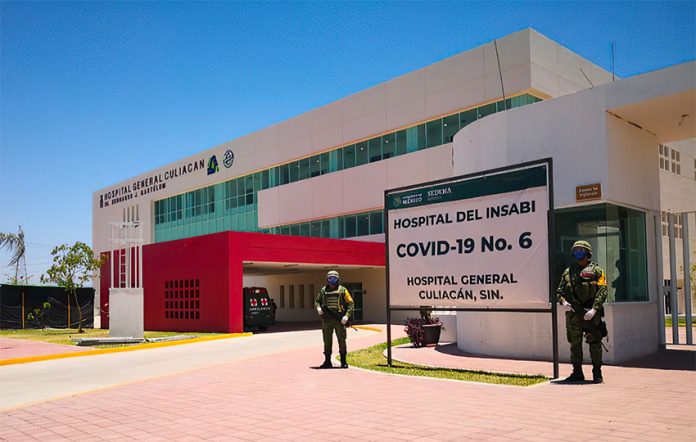The federal government department that manages Mexico’s universal healthcare scheme owes dozens of pharmaceutical companies approximately 3 billion pesos (US $145.1 million), according to the head of the National Chamber of the Pharmaceutical Industry (Canifarma).
The money owed by the National Institute of Health for Well-Being (Insabi) is for medications supplied in 2019 and 2020, said Canifarma director Rafael Gual, who described the debts as worrying.
“We’ve made multiple requests to meet with Insabi … but we haven’t have the opportunity to speak. They’re late payments, … the period [in which the debts should have been paid] has already expired,” he told the newspaper Reforma.
Gual said the Mexican Social Security Institute and the State Workers Social Security Institute, which are also large health care providers, also owe money to pharmaceutical companies but their debts are nowhere near as large as that of Insabi and are not a cause for concern.
Juan de Villafranca, director of the Mexican Association of Pharmaceutical Laboratories, said that Insabi’s failure to pay large debts has put drug companies in a difficult situation and could cause some to close.
“Insabi acknowledges that it owes money, that [medications] were delivered on time but it says that it doesn’t have money [to pay its debts],” he said.
Octavio Gómez-Dantés, a researcher with the National Institute of Public Health, said that budget cuts at the federal Health Ministry could explain Insabi’s inability to pay its debts.
“[The Health Ministry budget was] 153 billion pesos in 2015, 148 billion in 2016, 127 billion in 2017, 122 billion in 2018, 120 billion in 2019 and 102 billion in 2020,” he said, explaining that the figures are adjusted for inflation.
“These are Finance Ministry numbers. [The Health Ministry] doesn’t have the resources to cover what Seguro Popular covered,” Gómez-Dantés said, referring to the universal health care scheme replaced by Insabi.
With reports from Reforma
